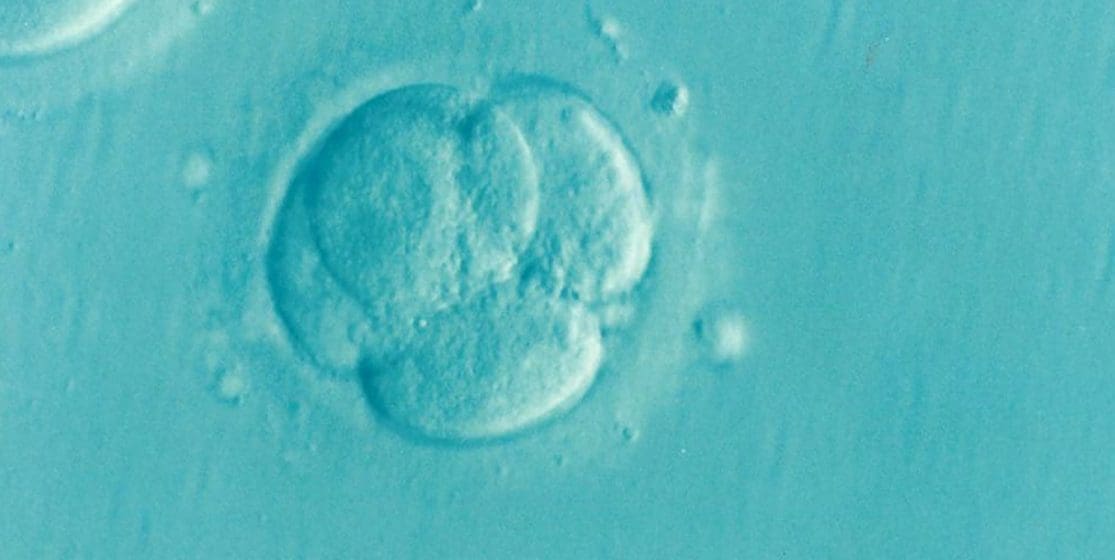The Academy has submitted a joint response with the Australian Academy of Science to the National Health and Research Council (NHMRC) consultation on mitochondrial donation.
The two Academies support introducing mitochondrial donation in a cautious and carefully regulated way in Australia, initially limiting the technology to an appropriate clinical research setting to enable robust evaluation.
There are a range of safety, ethical, legal and regulatory considerations to address before the technique can be implemented in practice. Our response highlights, for instance, the importance of informing parents of the experimental nature of these technologies and the need for long term follow-up for children born through mitochondrial donation. There are opportunities to learn from the legislative process in the UK, where mitochondrial donation was introduced in a limited and regulated clinical research setting in 2015.
Mitochondrial DNA diseases are conditions that can develop at different stages in life, with varying severity, for which there is typically no cure. Mitochondrial donation involves technologies that can offer prospective parents who are at high risk of passing on abnormal mitochondrial DNA that would cause devastating diseases, the possibility to conceive a genetically related child who is free of the disease. Experts estimate that mitochondrial donation may help to prevent mitochondrial DNA disease in about 60 birth per year in Australia.
The NHMRC’s work on this topic is gathering the opinions of expert and non-expert audiences and it follows an earlier inquiry by the Senate Community Affairs References Committee. The Senate inquiry report was published in June 2018. The NHMRC consultation is guided by an Expert Working Group, which includes Academy Fellows, Professor John Christodoulou AM FAHMS, Professor John Rasko AO FAHMS, Professor Patrick Tam FRS FAA FAHMS and Professor David Thorburn FAHMS.
The full statement can be downloaded here and you can also visit our policy project page for more information.

